In the ever-evolving landscape of the music industry, technological advancements have always played a pivotal role in shaping the way we create, distribute, and consume music. From the advent of vinyl records to the digital revolution, each innovation has brought both opportunities and challenges. However, the rise of artificial intelligence (AI) in music production has sparked a new and complex debate—one that Celine Dion has recently addressed with a clear and firm stance.
On a recent Saturday, the Canadian music icon took to Instagram to issue a warning about the proliferation of AI-generated songs that are circulating online under her name. "It has come to our attention that unsanctioned, AI-generated music purporting to contain Celine Dion’s musical performances, and name and likeness, is currently circulating online and across various Digital Service Providers," she wrote. Dion's statement is not just a cautionary note to her fans but a powerful declaration in defense of artistic integrity and authenticity.
Dion's warning comes at a time when the use of AI in the music industry is becoming increasingly prevalent and controversial. AI-generated music, while technologically impressive, raises significant ethical and legal questions. The ability to replicate an artist's voice, style, and even likeness through AI opens the door to potential misuse, misrepresentation, and infringement on the rights of human artists. This is a concern that extends beyond Dion herself, as the music industry grapples with the implications of AI on creativity, ownership, and the very essence of what it means to be an artist.
Celine Dion is not alone in her concerns. In April 2024, more than 200 artists, including heavyweights like Billie Eilish, Kacey Musgraves, J Balvin, Ja Rule, Jon Bon Jovi, the Jonas Brothers, Katy Perry, and Miranda Lambert, signed an open letter condemning the irresponsible use of AI in music. Organized by the non-profit Artist Rights Alliance, the letter called on AI developers, technology companies, platforms, and digital music services to "cease the use of artificial intelligence to infringe upon and devalue the rights of human artists." The letter highlighted several AI-related threats, including deepfakes, voice cloning, and the use of AI to diminish royalty payments to artists. It also addressed the unauthorized use of musical works by AI developers to train and produce AI copycats.
The concerns raised by these artists are not just theoretical; they are rooted in the very real potential for AI to disrupt the delicate balance between creativity and commerce in the music industry. While AI can be a powerful tool for innovation, it must be used responsibly. The unauthorized replication of an artist's voice or style can lead to confusion among fans and undermine the value of original works. Moreover, it can devalue the hard work and dedication that artists invest in their craft.
Celine Dion's recent return to the limelight after a challenging period of health issues adds another layer to her stance on AI-generated music. In December 2022, Dion revealed her diagnosis of Stiff Person Syndrome (SPS), a rare neurological condition characterized by muscle rigidity, spasms, and heightened sensitivity to stimuli such as sound, lights, and emotional distress. Despite the physical challenges posed by this condition, Dion has shown remarkable resilience and determination. Her triumphant return to the stage at the Paris Olympics in July 2024, where she performed Edith Piaf's classic "Hymne à l'Amour" atop the Eiffel Tower, was a testament to her unwavering commitment to her art and her fans.
Dion's battle with SPS has not only tested her physical endurance but has also highlighted the importance of authenticity in her work. Her voice, her performances, and her connection with her audience are all deeply personal and rooted in her experiences. The idea of AI-generated music that falsely claims to be her work is not just a legal issue; it is a personal one. It undermines the very essence of what makes her music so powerful—the raw emotion, the vulnerability, and the genuine connection she shares with her fans.
The debate surrounding AI in music is complex and multifaceted. On one hand, AI has the potential to revolutionize music production, offering new tools for creativity and accessibility. On the other hand, it poses significant risks to the rights and livelihoods of artists. As an industry, we must find a balance that respects the contributions of human artists while embracing the potential benefits of technological innovation.
Celine Dion's warning serves as a rallying cry for artists and industry leaders to come together and address these challenges. It is a call for greater regulation, transparency, and respect for the rights of creators. It is also a reminder that, at its core, music is an art form that thrives on authenticity and human connection.
As we navigate this new frontier, it is essential to recognize the value of human creativity. Artists like Dion, who have dedicated their lives to their craft, deserve protection and respect. Their voices, their stories, and their contributions to the cultural landscape cannot be replicated by machines. While AI may offer new possibilities, it can never replace the depth, emotion, and authenticity that come from the human experience.
In the months and years ahead, the music industry will undoubtedly continue to grapple with the implications of AI. It is a conversation that requires collaboration, innovation, and a deep commitment to preserving the integrity of artistic expression. Celine Dion's stance on AI-generated music is a powerful reminder that, as we embrace new technologies, we must also protect the very soul of music—the human spirit that drives it.
As fans, we must also play our part in supporting authentic art. By recognizing and rejecting AI-generated content that falsely claims to be from our favorite artists, we send a clear message that authenticity matters. In doing so, we honor the hard work, dedication, and passion of artists like Celine Dion, who continue to inspire us with their voices and their stories.
In conclusion, Celine Dion's warning about AI-generated music is more than just a statement; it is a call to action. It is a reminder that, in an age of technological marvels, we must never lose sight of the humanity that lies at the heart of art. As we move forward, let us strive to create a future where technology enhances, rather than diminishes, the beauty and power of human creativity.
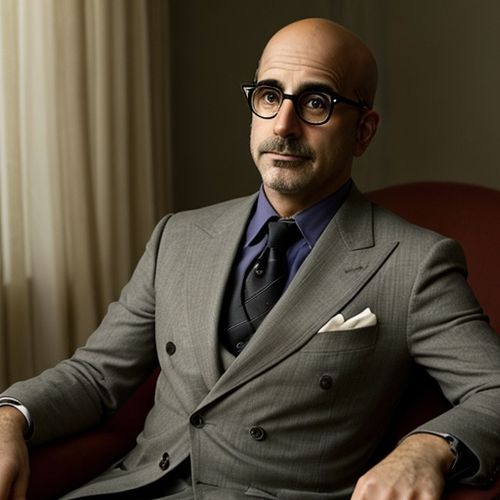
By Emily Johnson/Mar 19, 2025
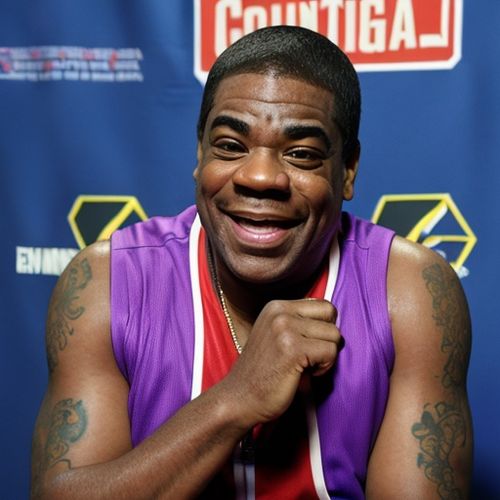
By Samuel Cooper/Mar 19, 2025
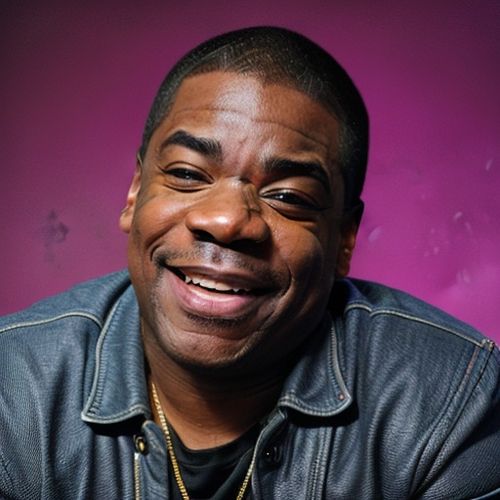
By Lily Simpson/Mar 19, 2025
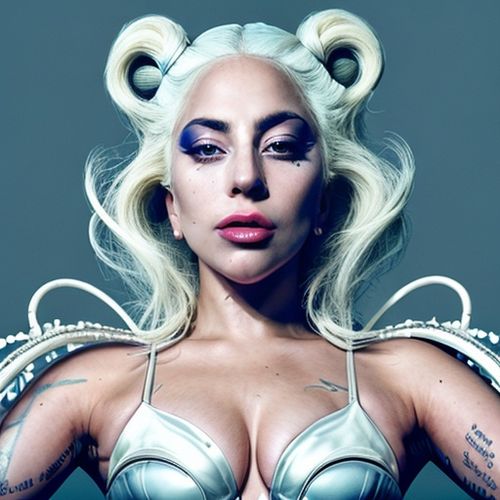
By Laura Wilson/Mar 19, 2025
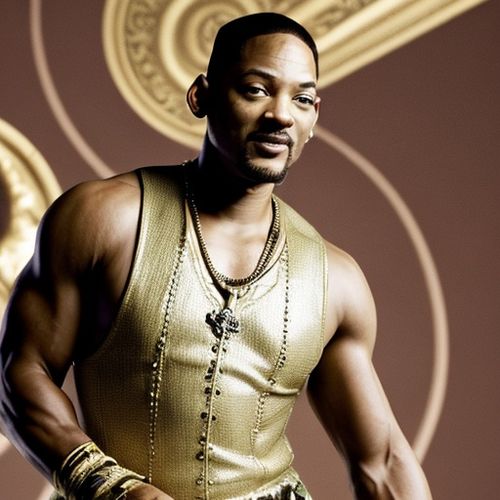
By John Smith/Mar 19, 2025
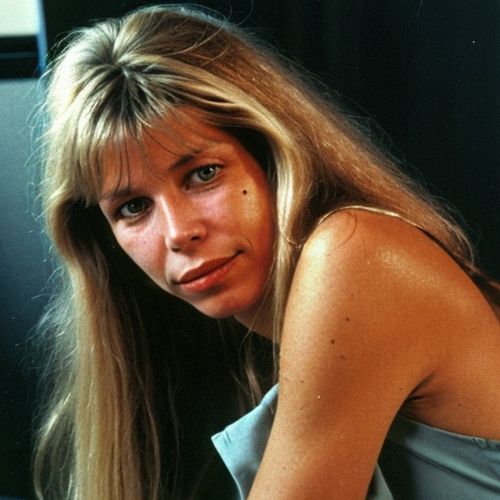
By James Moore/Mar 11, 2025
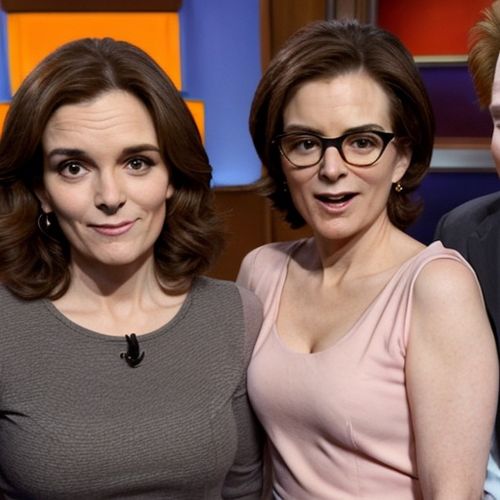
By Ryan Martin/Mar 11, 2025
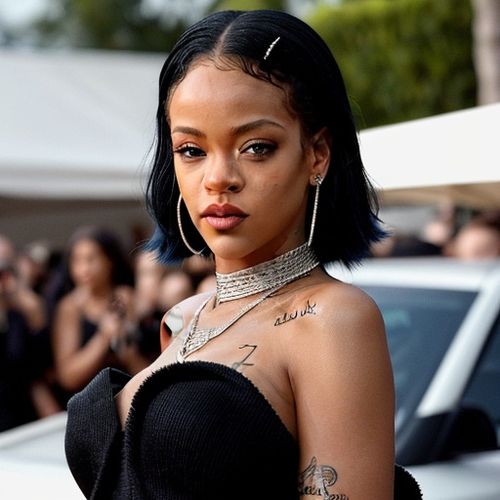
By Emma Thompson/Mar 11, 2025
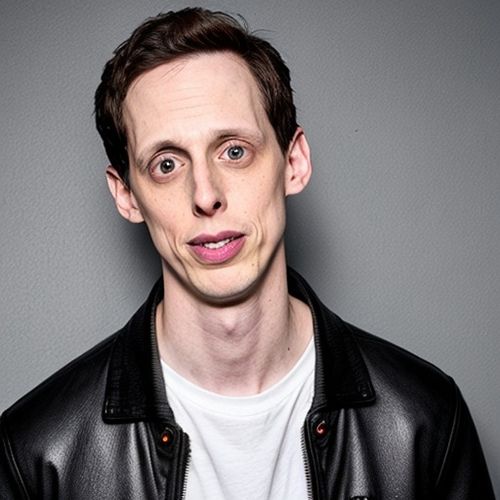
By Olivia Reed/Mar 11, 2025
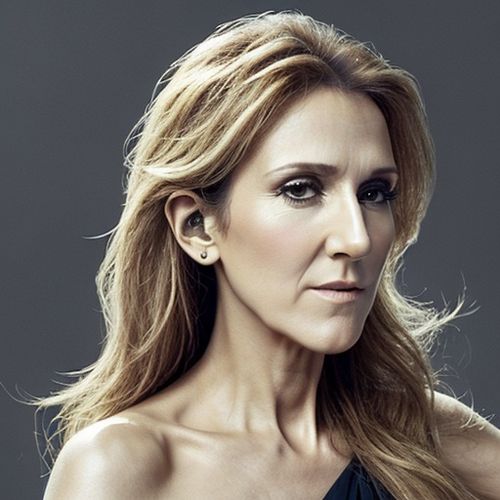
By Lily Simpson/Mar 11, 2025
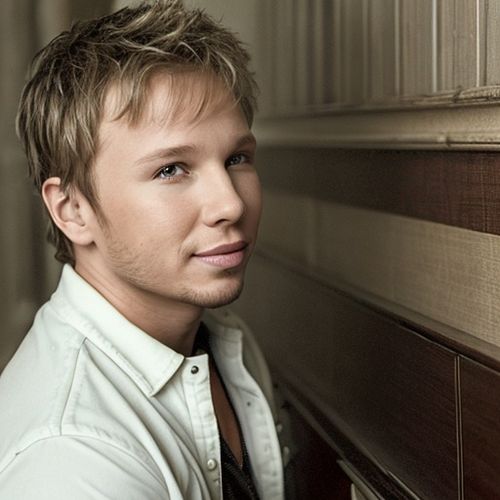
By Olivia Reed/Mar 11, 2025
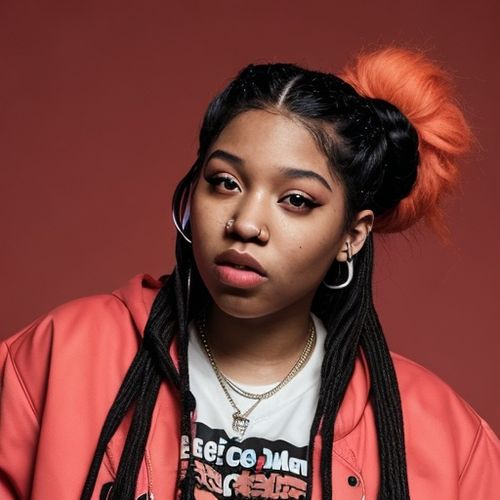
By Ryan Martin/Mar 11, 2025
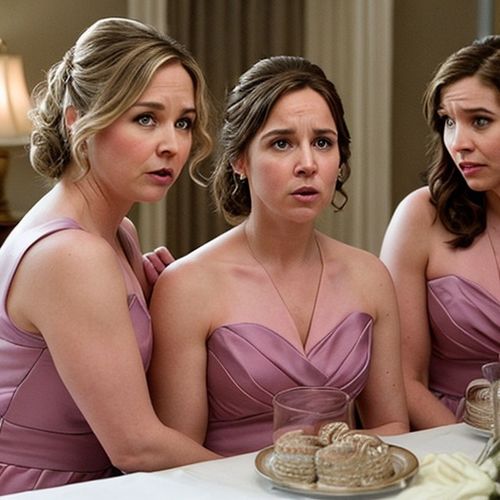
By Laura Wilson/Mar 11, 2025
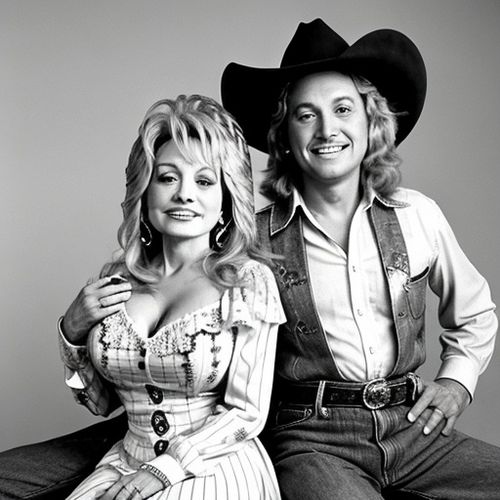
By Laura Wilson/Mar 11, 2025
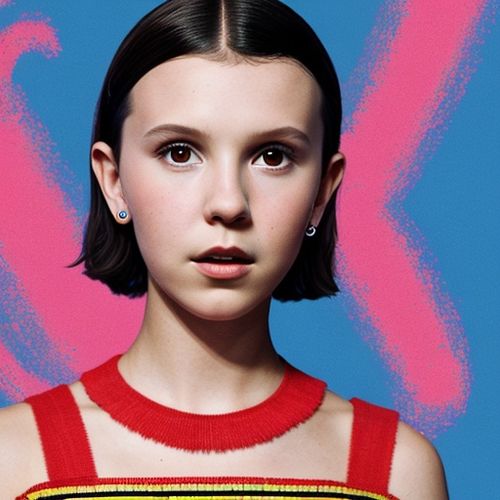
By Laura Wilson/Mar 11, 2025
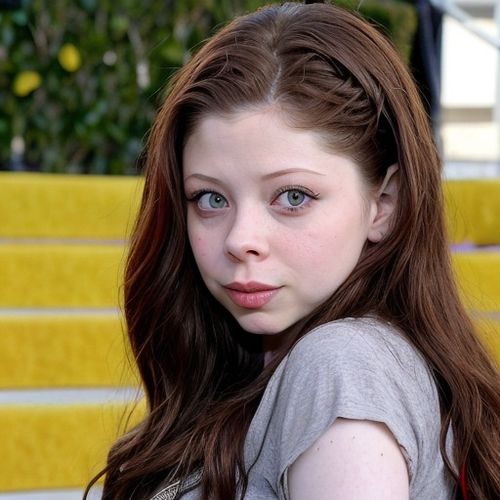
By George Bailey/Mar 4, 2025
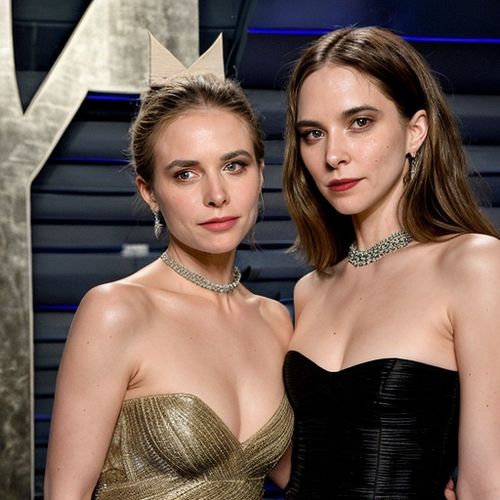
By Megan Clark/Mar 4, 2025
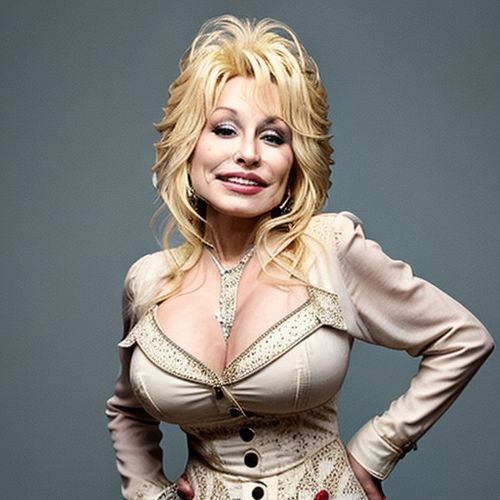
By Christopher Harris/Mar 4, 2025
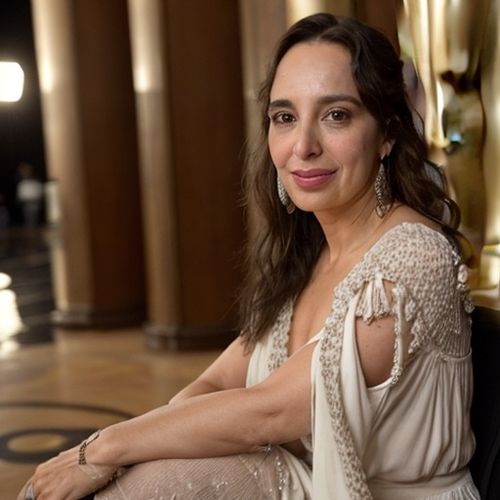
By Samuel Cooper/Mar 4, 2025
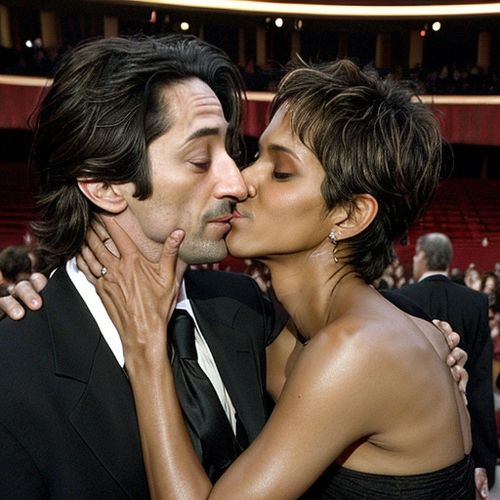
By Olivia Reed/Mar 4, 2025